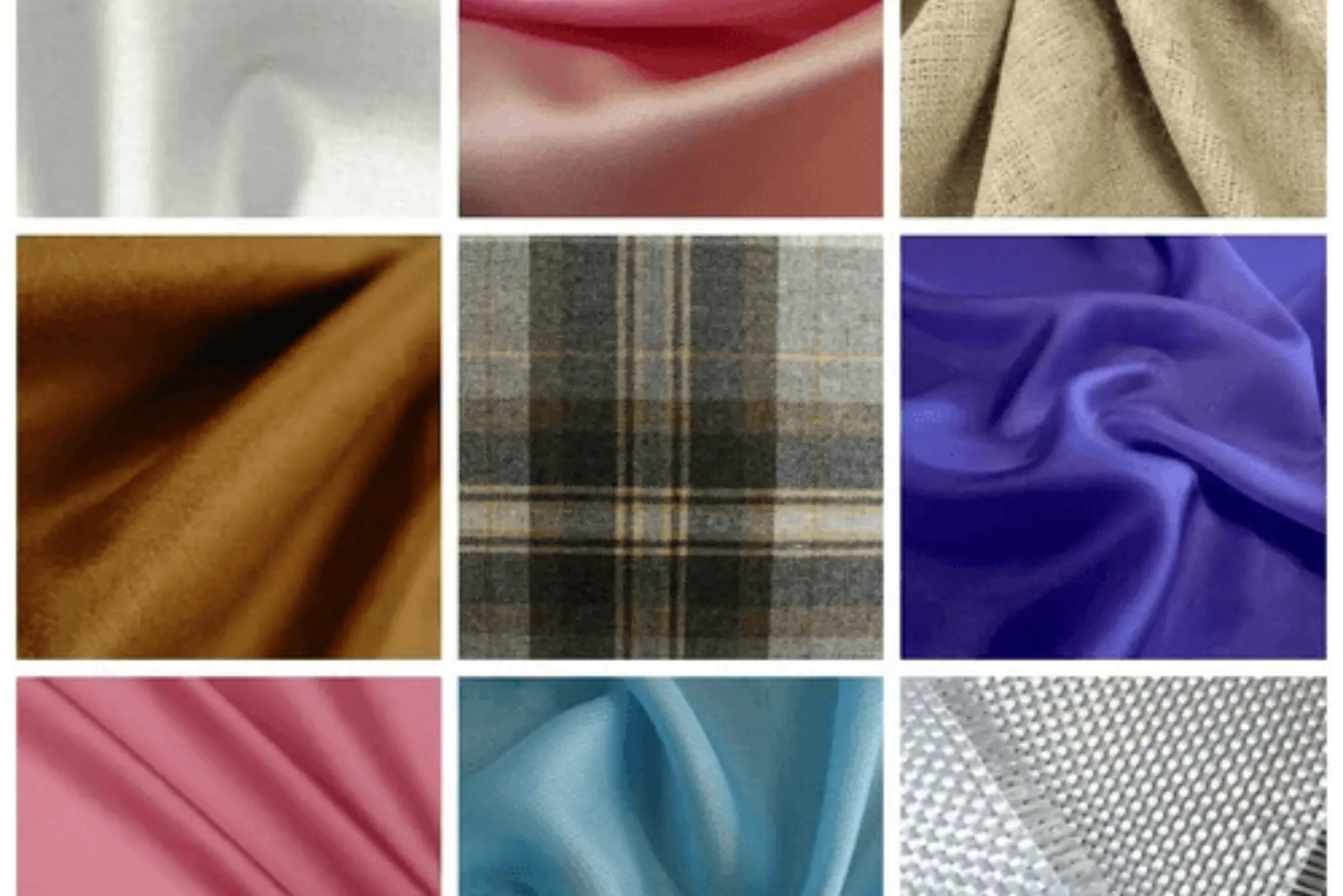Dubai’s real estate landscape has become increasingly attractive to international buyers over the past two decades. With its world-class infrastructure, tax-free investment environment, and a cosmopolitan lifestyle, the emirate presents a compelling opportunity for foreign nationals looking to own property. However, for first-time buyers or overseas investors, understanding the differences between freehold and leasehold ownership is crucial before signing on the dotted line.
Dubai offers both ownership models to cater to a wide range of investor needs and preferences. Each has its own set of advantages, legal frameworks, and limitations that can significantly impact your long-term plans.
Freehold Ownership: Full Control and Long-Term Benefits
Freehold ownership gives buyers complete rights over the property and the land it stands on. This model is open to foreign nationals in specifically designated zones across Dubai. Some of the most popular areas include Dubai Marina, Downtown Dubai, Business Bay, and Palm Jumeirah.
Investing in property in Dubai under a freehold title means you can sell, lease, or occupy the property at your discretion, with no time limits. It is particularly beneficial for those who plan to live in Dubai long-term or are seeking steady rental returns.
Freehold properties also offer eligibility for long-term residency visas, depending on the value of the investment. This has contributed significantly to the growing demand among expatriates for ownership in premium locations.
Leasehold Ownership: An Alternative with Flexibility
Leasehold ownership allows a foreign buyer to lease the property—usually for a term of 10 to 99 years—from the freeholder. In this arrangement, you own the unit but not the land it stands on. After the lease expires, the property reverts back to the freeholder unless renewed.
Leasehold is commonly found in areas closer to Old Dubai or in some communities governed by older property laws. It may be a suitable option for buyers who are looking for more affordable homes or a shorter commitment. While leasehold properties can be sold or sub-leased, the options may be slightly limited compared to freehold ownership.
Legal Framework and Ownership Zones
The Dubai Land Department (DLD) and the Real Estate Regulatory Agency (RERA) govern all property transactions in the emirate, ensuring transparency and security. Foreign nationals can only purchase in zones approved by the government for international ownership.
For those exploring apartments for sale in Dubai, it is essential to work with registered real estate brokers and legal advisors who are familiar with local regulations. This ensures that the buyer understands the full implications of the ownership type, including maintenance responsibilities and transfer procedures.
Making the Right Choice
When deciding between freehold and leasehold, your personal goals should guide your decision. If you’re looking for long-term capital appreciation, stable rental income, or a permanent home, freehold ownership is likely the better option. If you prefer flexibility or have a limited investment horizon, leasehold might suit you more.
Regardless of the path you choose, Dubai’s property market continues to evolve with buyer-friendly policies and robust investor protections. It’s no surprise that more expatriates are now looking to invest in the emirate, not just as a business hub, but also as a place to call home.
Final Thoughts
Understanding the differences between freehold and leasehold ownership can help you make an informed decision when entering Dubai’s real estate market. With the right guidance and a clear investment strategy, foreign nationals can confidently navigate this dynamic market and find the perfect apartments for sale in Dubai to meet their lifestyle or investment needs.






